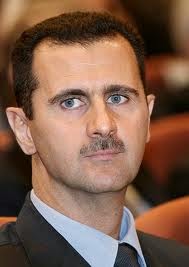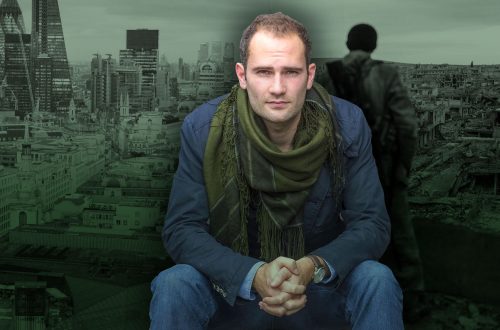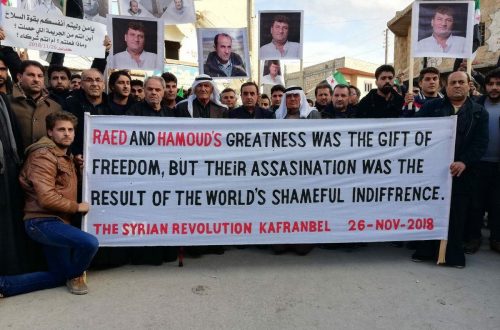Cross-posted from Kevin Higgins at Mentioning the War

Bashar al-Assad was once rather cruelly described, by Christopher Hitchens, as “the human toothbrush”. There is, undeniably, a certain likeness. Many people don’t like Mr Assad. It’s said of him that he’s a homicidal dictator and even more desperate to stay in office than Alan Shatter.
Mr Assad is clearly prepared to kill as many of his own people as he needs to so that he can remain leader of the country he inherited from his papa. A few in the west find something strangely admirable about this and get very foamy around the mouth if their hero is criticised.
These people think of themselves as “anti-imperialists”. In the past being anti-imperialist meant being against bigger countries, such as Britain, Germany, Russia, Japan, France, Austria-Hungary, the United States or Ottoman Turkey using their military and economic might to impose their will on countries such as Ireland, India, Serbia, Vietnam, Algeria and so on.
There are still some genuine anti-imperialists around – those who can bring themselves to oppose all those forces currently trying to interfere in the Ukraine i.e. the EU, Russia and the United States. But, increasingly, anti-imperialism is a bit like prog-rock. Once it’s name has been spoken, you know you’re on a downbound elevator which only stops in Hell.
Anti-imperialism increasingly means (1) a serious love of psychopath dictators such as the unfortunately still alive Bashar al-Assad and (2) a love of world powers such as Russia and China because, and only because, they are not the United States.
Such people have always existed. Now, partly because of the ongoing anaemic weakness of the Left, they actually have some influence. If, say, Athlone Alliance Against War And General Badness, were to issue a statement clearly condemning the attempts of both the EU and Russia to interfere (and, in Russia’s case, more than interfere) in the Ukraine then the aforementioned pure “anti-imperialists” would be out the door to set up a rival alliance of those who are really against war; so against it that they get a big silly hard on every time they see a picture of a Russian soldier doing his bit to annex the Crimea.
In the past most of the Left would have been happy to let such people take that necessary walk. Nowadays, it seems that the comrades are so politically lonely that they are generally willing to avoid such issues in order to placate the most deluded political hunchback in the room. This sometimes means pretending that there is some doubt as to who carried out the 9/11 attack. Other times it means avoiding anything more than passing criticism of gentlemen such as Assad and Putin. Unity at all costs, comrades, unity! One result of this is it often appears to the amateur observer as if the anti-war movement at grassroots level is mostly made of up of, well, oddballs.
In an entirely unrelated incident, I was this morning invited to do a reading tour of Syria. The invitation came from Micheal de Burca who, I think, lives in Dublin. Micheal has a problem: he is in love with Bashar al-Assad. Personally, I think Micheal‘s love for Mr Assad is a beautiful thing and that he should be allowed to fully express it. Perhaps, if Assad is overthrown, he might seek asylum here in Ireland and himself and Micheal could be a couple. If they decided to get married – here’s hoping the referendum is passed – I would be happy to give Micheal away on the day, if he wanted me to. There is so much hate in the world; it’s important that we properly celebrate the reality of love, even when it’s a case of a bloke from Dublin with the hots for a political criminal who, all things considered, should probably have been smothered at birth.
One result of Micheal‘s palpitating love for Assad is that he doesn’t much like me. His dislike is such that he has offered to pay, out of his own pocket, for me to do a two month reading tour of Syria this coming June and July. Air fares, hotel accommodation, the lot. In his own words: “It will be worth it to get rid of you for a few months.”
I am delighted to accept Micheal‘s most generous invitation. Damascus, here I come.
Here is a poem which I dedicate to Micheal, may he rest in peace.


